
Join 10k+ people to get notified about new posts, news and tips.
Do not worry we don't spam!

Post by : Raman
Photo : WAM
President His Highness Sheikh Mohamed bin Zayed Al Nahyan of the United Arab Emirates (UAE) and King Abdullah II bin Al Hussein of Jordan have expressed strong opposition to any Israeli plans to annex the West Bank or forcibly displace Palestinians from their land. The meeting between the two leaders was held at Qasr Al Shati in Abu Dhabi, where both emphasized the importance of regional stability, peace, and the protection of Palestinian rights.
This high-level meeting comes at a critical time for the Middle East, as tensions remain high over the future of the Palestinian territories. The UAE and Jordan, two influential countries in the region, have made it clear that they will not accept any actions that threaten the sovereignty of nations or the rights of the Palestinian people.
During the discussions, both leaders strongly rejected any attempts to annex parts of the West Bank. They warned that such actions would undermine the prospects of a two-state solution, which is widely recognized as the most viable path to lasting peace between Israel and Palestine. The leaders noted that forced displacement of Palestinians would not only violate human rights but also escalate regional tensions, creating instability that could affect neighboring countries.
Sheikh Mohamed bin Zayed and King Abdullah II highlighted that Israel’s statements and policies, which aim to control Palestinian land and limit Palestinian rights, are direct threats to the sovereignty and stability of the entire region. Both leaders stressed that unilateral actions by any country in the Middle East that ignore international law and agreements can have long-lasting negative consequences.
The UAE and Jordan have repeatedly affirmed their steadfast support for the legitimate rights of the Palestinian people. During the meeting, the two leaders stressed the importance of international efforts to achieve a just, fair, and comprehensive peace based on the two-state solution. They underlined that this solution is the only path to lasting stability, not just for Palestinians, but for all countries in the region.
They also highlighted that the protection of Palestinian rights is essential to maintain peaceful coexistence in the Middle East. Any attempt to forcibly remove Palestinians from their land or annex their territories would only deepen tensions and fuel further conflicts. Both leaders called on the international community to play a proactive role in ensuring that Palestinians are treated fairly and their rights are protected under international law.
The UAE and Jordan emphasized that the security and stability of the Middle East depend on respecting the sovereignty of nations and the rights of all peoples. Unilateral actions, like annexation or forced displacement, could destabilize the region, disrupt trade, threaten diplomatic relations, and potentially lead to wider conflicts.
Both leaders agreed that the two-state solution remains the cornerstone of peace, and any deviation from this principle threatens regional harmony. They also stressed the importance of dialogue, cooperation, and peaceful negotiation to resolve disputes and achieve long-term solutions.
The meeting also focused on the strong bilateral relations between the UAE and Jordan. Both countries have a long history of cooperation in political, economic, and social fields. Sheikh Mohamed bin Zayed and King Abdullah II discussed ways to further strengthen ties, promote joint initiatives, and serve the mutual interests of their people.
The two leaders expressed their commitment to continuing close consultation and coordination, especially in light of the evolving regional landscape. They highlighted that their countries share similar visions for peace, security, and development, making their partnership crucial for addressing regional challenges.
Sheikh Mohamed bin Zayed and King Abdullah II underlined the need for global cooperation to achieve peace in the Middle East. They reiterated that international organizations and world leaders must support efforts to protect Palestinian rights and ensure a fair resolution of the conflict. The leaders stressed that only through collective action and dialogue can the region move towards lasting stability.
The UAE and Jordan also emphasized the importance of maintaining open channels of communication with other regional countries. By working together, nations can prevent conflicts from escalating and create an environment where peace and development are possible for all.
The UAE and Jordan have shared deep-rooted historical ties, based on mutual respect and common goals. Both countries have consistently supported regional peace initiatives and played active roles in promoting stability in the Middle East. The leaders discussed how these strong relations have contributed to diplomatic success, economic collaboration, and social development in both nations.
They agreed that strengthening bilateral ties not only benefits their own citizens but also contributes to the broader stability of the region. Joint projects, cultural exchanges, and economic partnerships were highlighted as key areas where cooperation can be expanded.
At the conclusion of the visit, King Abdullah II was warmly bid farewell at Al Bateen Airport by His Highness Sheikh Mohamed bin Zayed Al Nahyan. The farewell was attended by a number of senior officials and members of the royal family, symbolizing the strong friendship and enduring partnership between the UAE and Jordan.
This gesture reflected the close personal and professional relationship between the two leaders and highlighted their shared commitment to working together on regional issues, including the Palestinian question.
Throughout the meeting, both leaders emphasized that a two-state solution is essential for achieving peace in the region. They argued that any other approach would be unfair to Palestinians and could lead to continued violence, instability, and suffering. By supporting a two-state solution, the UAE and Jordan aim to ensure that Palestinians can live in dignity, while Israel can also enjoy secure and recognized borders.
The leaders also stressed that regional peace is interconnected. What affects one country often impacts its neighbors, and maintaining harmony in the Middle East requires careful diplomacy, mutual respect, and international cooperation.
Sheikh Mohamed bin Zayed and King Abdullah II called on the international community to remain vigilant and actively participate in the peace process. They highlighted that protecting Palestinian rights, respecting sovereignty, and preventing unilateral actions are responsibilities shared by all nations committed to global peace and security.
They further noted that countries must work together to support humanitarian initiatives, provide aid to affected populations, and promote dialogue between conflicting parties. Only through cooperation, understanding, and sustained effort can the long-standing issues in the region be resolved.
The meeting between the UAE and Jordan reflects a strong, united stance on the Palestinian issue. Both countries have shown their unwavering commitment to peace, stability, and the protection of Palestinian rights. By rejecting any attempts to annex the West Bank or forcibly displace Palestinians, the UAE and Jordan have sent a clear message: justice, dialogue, and cooperation are the only paths to lasting peace in the Middle East.
Their discussions also reaffirmed the importance of regional partnerships, strong diplomatic ties, and the shared responsibility of nations to maintain stability. As both countries continue to work closely together and engage with the international community, they aim to contribute to a peaceful, fair, and secure future for all people in the region.
This visit and the high-level discussions highlight that both the UAE and Jordan remain committed to peaceful solutions, protecting human rights, and fostering regional harmony, setting an example for other nations in addressing complex issues through dialogue and cooperation.
UAE Jordan Palestine, Israeli annexation West Bank, Middle East peace, Palestinian rights

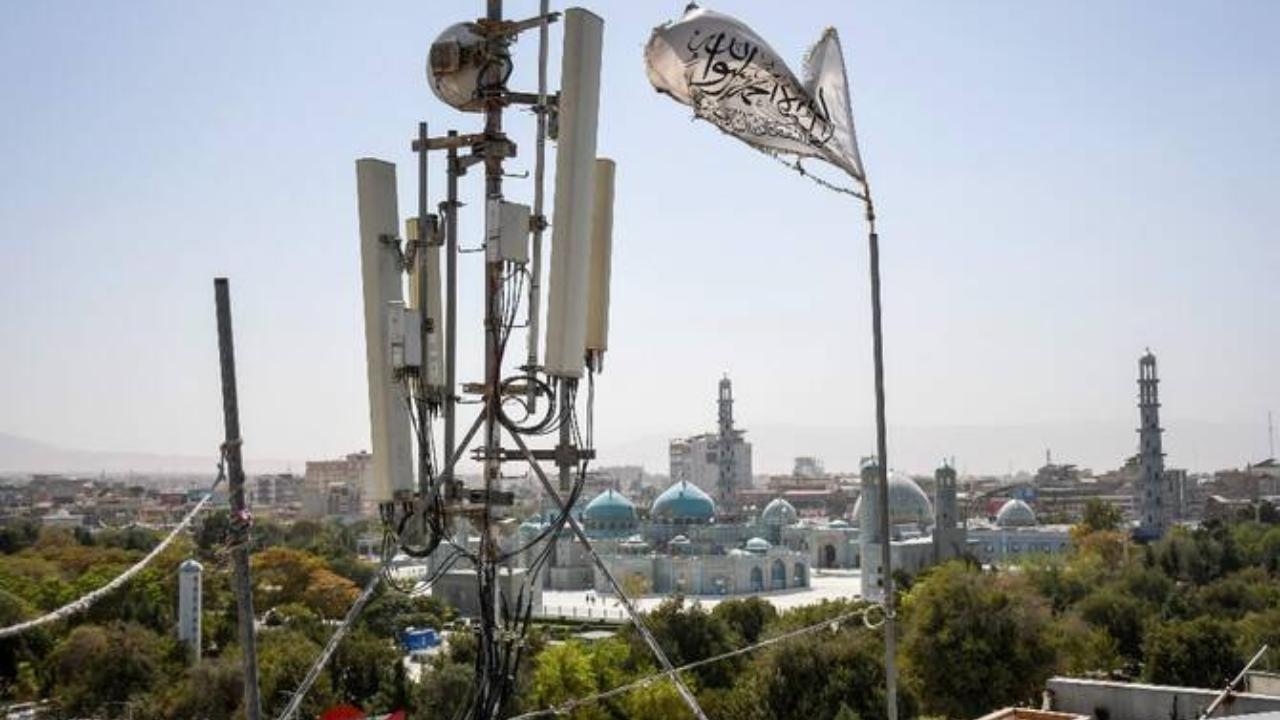

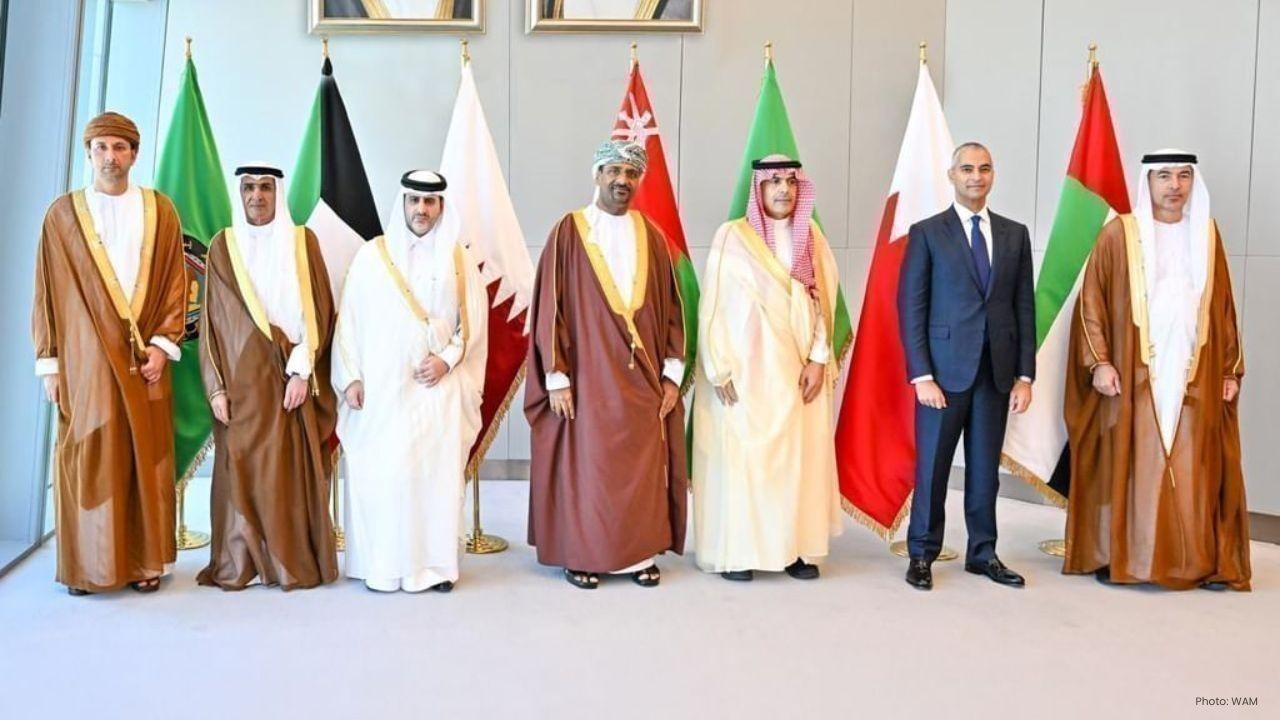

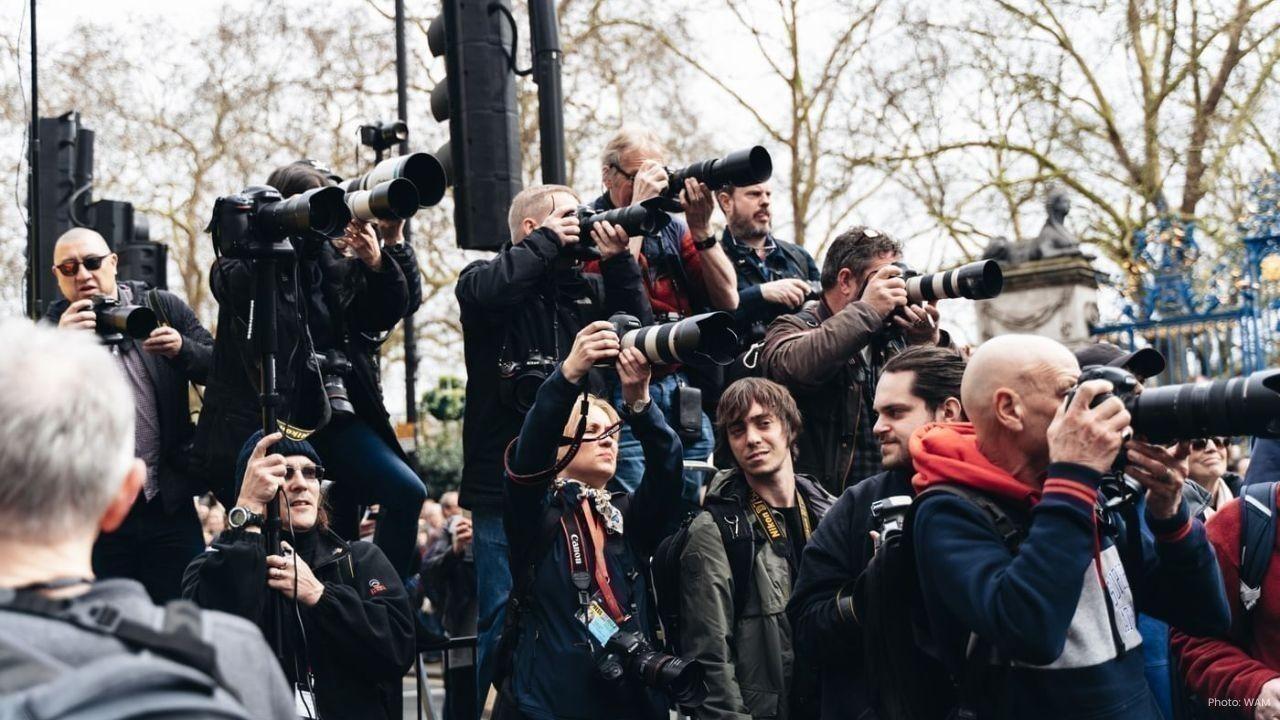

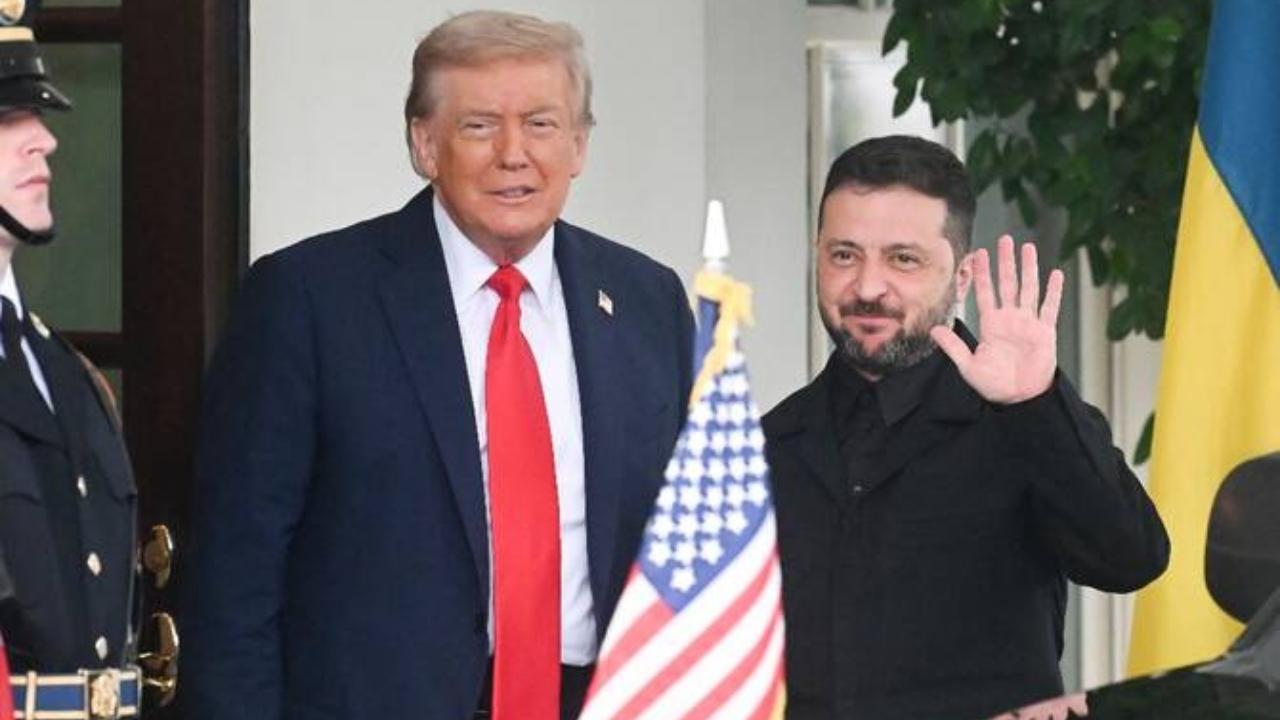


Israel Expands Gaza City Operation, Residents Told to Leave
Israel widens Gaza City operation, urges residents to evacuate soon.

Taliban Bans WiFi in Afghan Province to Stop Immorality
Taliban bans WiFi in Afghan province, citing rise in immorality.

Trump may meet Zelensky next week to push for peace talks
Trump and Zelensky may meet next week to hold fresh peace talks.
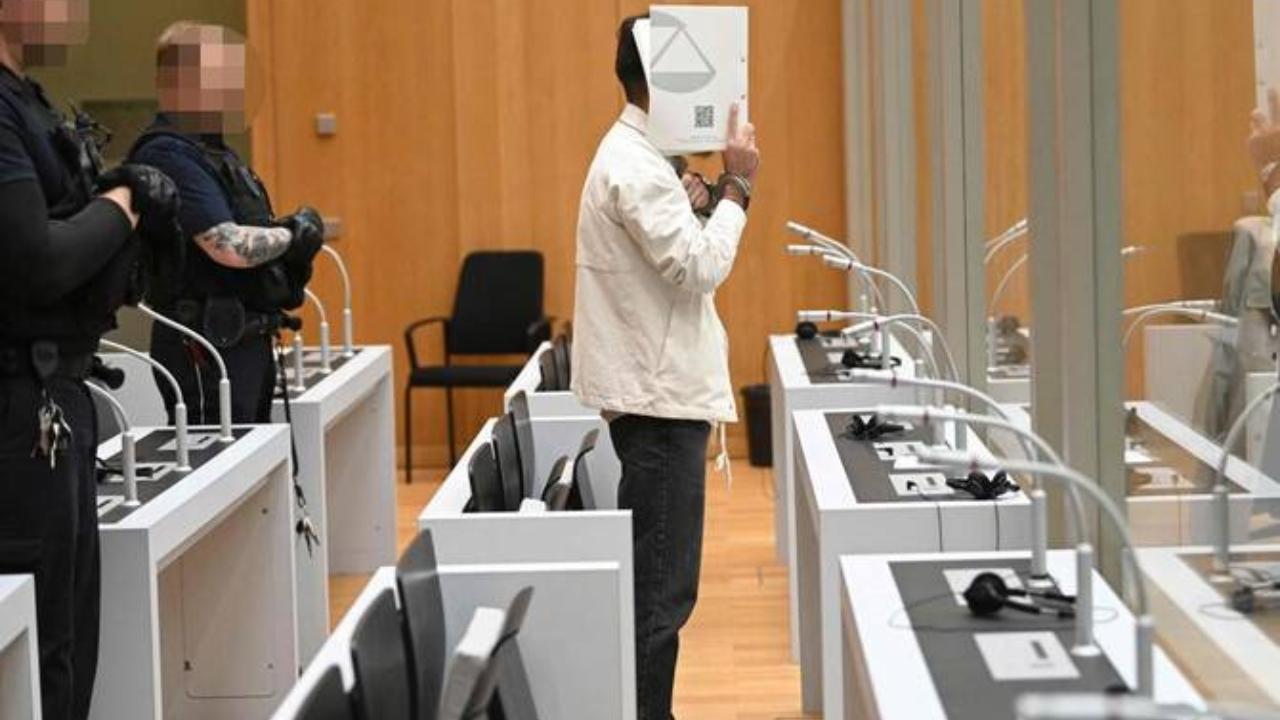
Afghan Man Gets Life Sentence in Germany for Rally Stabbing
Afghan man sentenced to life in Germany over fatal rally stabbing.

Google Gemini AI Saree Trend Goes Wrong, Users Report ‘Creepy’ Edits
Google Gemini’s Nano Banana AI saree selfies trend sparks safety concerns as some edits appear creep
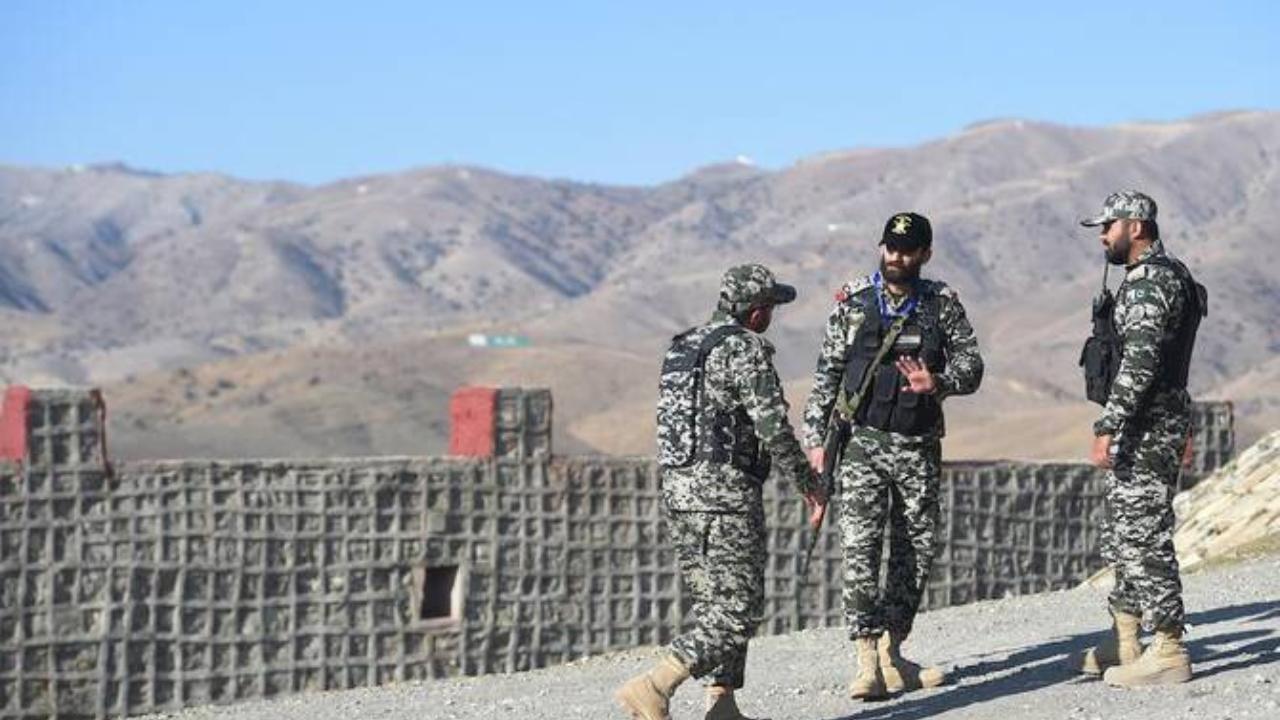
Pakistan Army Kills 31 Militants as Security Operations Rise
Army kills 31 militants amid rising presence and crackdown
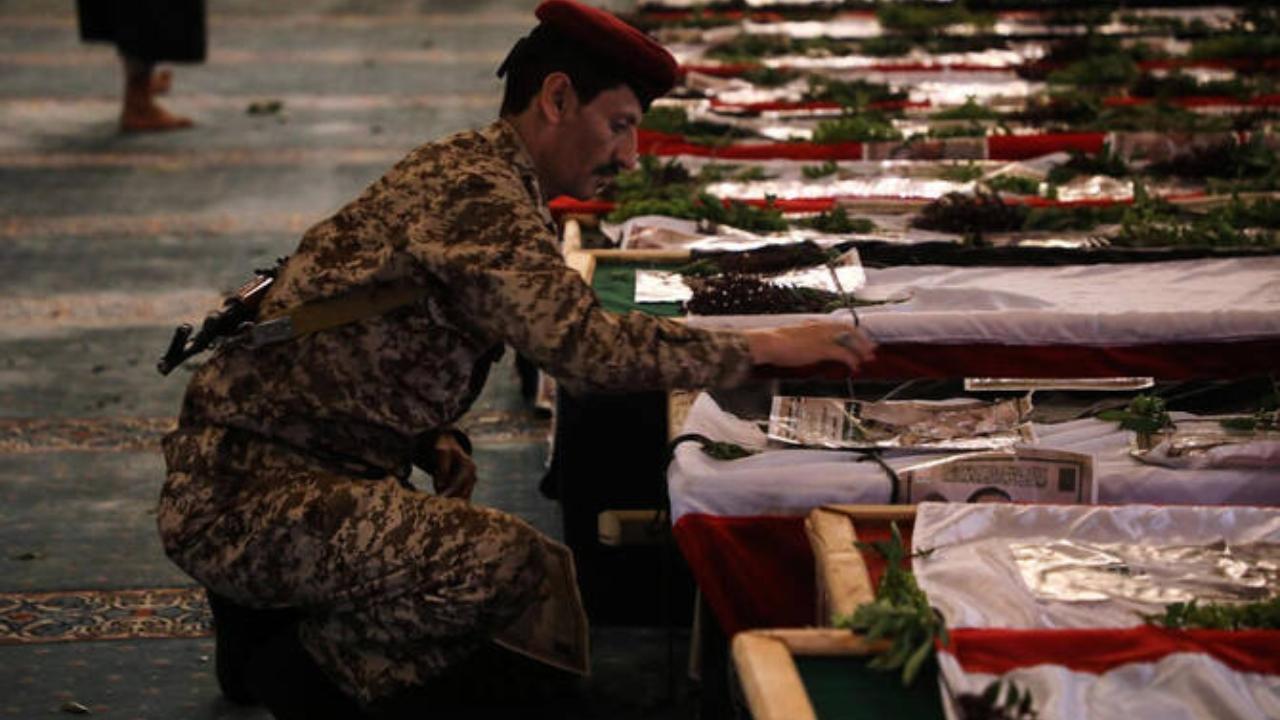
Hundreds Mourn Yemeni Journalists Killed in Israeli Airstrikes
Funeral held for 31 Yemeni reporters killed in Israeli strikes.

Shipowner Tied to Beirut Port Blast Arrested in Bulgaria
Owner tied to Beirut blast caught in Bulgaria after long search.